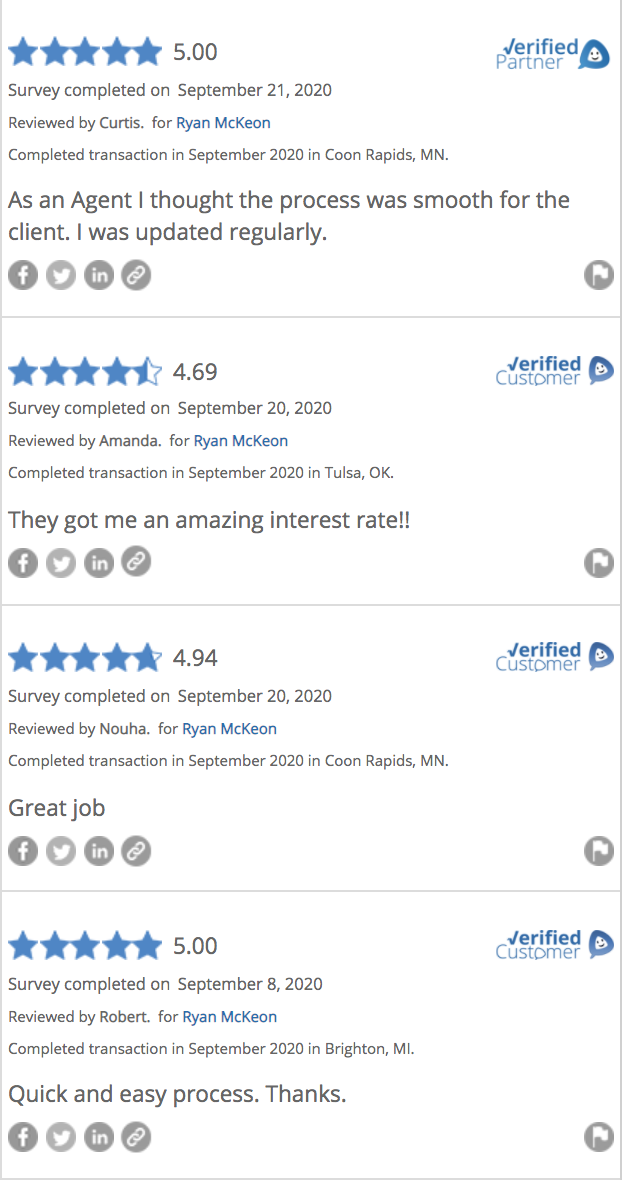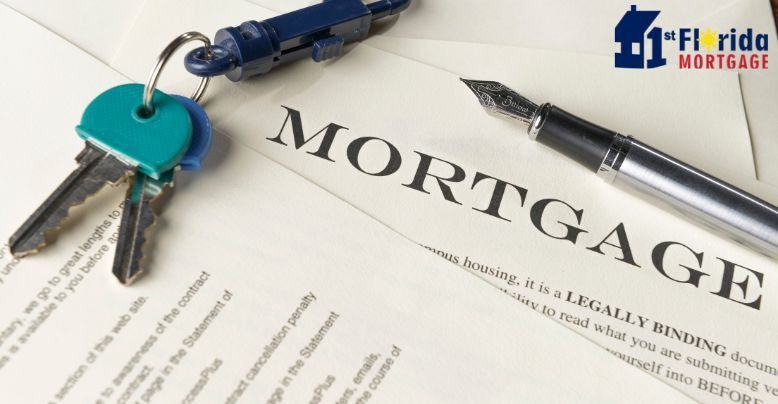Did you know that the definition of a first-time buyer isn’t restricted to people purchasing their first property ever?
According to the Department of Housing and Urban Development, it also includes the following:
- A person who has not owned a residence for at least 3 years.
- A single parent who previously co-owned a home while married.
- A homemaker who previously owned with a spouse, but no longer receives financial support from that spouse.
- A person who has only owned a residence not affixed to a permanent foundation, such as a mobile or trailer home.
This allows many people who wouldn’t qualify for a first-time mortgage to take advantage of the benefits offered to those purchasing their first home. These criteria may be lifted if the buyer purchases a home in a targeted area, which is defined as areas of chronic economic distress and may have less stringent criteria for the buyer to meet. Additionally, if your former home did not meet state, local, or model building codes and couldn’t be brought into compliance for less than the cost of building a new home, you may also qualify as a first-time home buyer.
How to Choose the Best Lender for Your First Home Purchase
Here are some of the main things to look at when weighing up the various lenders:
Loan size: A basic requirement any borrower should expect of their lender is offering the right loan amount. If you need a $250,000 loan, then there’s no use in going with a lender that will only approve $200,000. On the other hand, if you’re approved for $300,000, it’s important to be aware that you don’t have to spend that exact amount. You can still purchase a home for $250,000, and only borrow the amount you need.
APR: The first thing many borrowers look at when comparing lenders is the interest rate. While this is important, the best thing to look at is the APR (annual percentage rate). This includes the interest rate plus processing fees and points, and therefore gives a more accurate picture of what you’ll be paying the lender each year. If you want to know your total cost, APR is the place to look.
Closing costs: Once your mortgage is approved, you will need to go through what’s called a closing process. At this stage, lenders can add any number of fees, including origination, surveying, title, and third-party fees. When you apply for your mortgage, it’s worth checking which lenders are willing to waive or discount these fees.
Loan terms: The term of your loan can alter your APR and total loan amount, so select a term that suits your needs. The shortest term is usually a 15-year mortgage, though it is possible to find 10- or even 8-year terms, which include higher monthly payments but a lower interest rate. The longest term is usually a 30-year mortgage, which includes lower payments but a higher rate.
Customer service: As you go through the process of buying your first home, you’ll undoubtedly have a lot of questions, and it’s important to have a lender who spends time on your application and offers the best deal to suit your specific needs. Many lenders now offer online applications, making it less costly and more convenient to apply for a loan, as well as personal loan agents and online chat applications.
The Advantages of Being a First Time Buyer
There are two major advantages for a first time home buyer:
- Qualifying for lower down payments through government-backed lending programs or offers from individual lenders
- Being able to deduct mortgage-related payments from your tax bill
The biggest obstacle to purchasing a home for most first-time buyers is the down payment. As an example, a home costing $250,000 with a typical minimum down payment of 20%, most lenders would want $50,000 as a down payment. Few people have that large a sum sitting in a savings account. Many lenders offer home loans to first-time buyers for down payments of as low as 3%. There are also the government-backed FHA loans guaranteeing down payments of 3.5% for borrowers with at least a 620 credit score, and down payments of 10% for borrowers with as low as a 580 credit score.
This is only an overview of mortgage loan requirements for first-time buyers in 2018. Every lending scenario is different, so the loan process is individualized. Research lenders so you find one that’s right for you and your situation.
First Florida Mortgage Can Help
At First Florida Mortgage, we are a Florida-based mortgage company that can help you through every step of financing your new home. Fill out the quick contact form or call First Florida Mortgage today at 1-407-392-4031 to speak with one of our Florida mortgage specialists and get a free good faith estimate.






